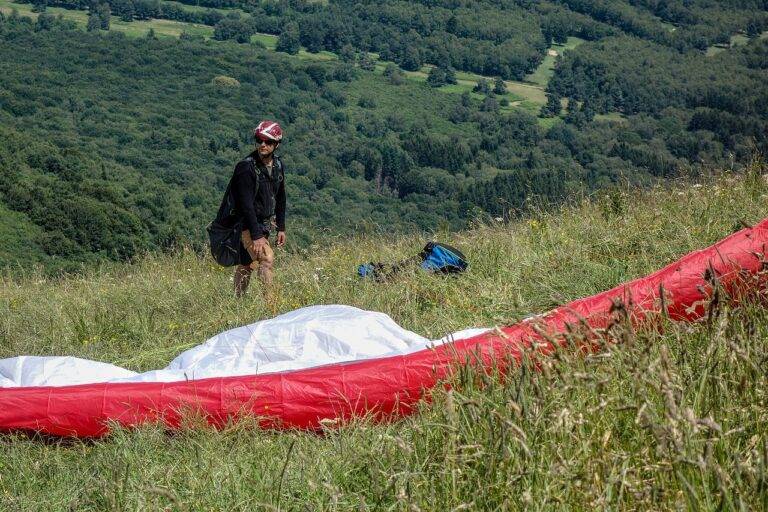The Psychology of Escape Rooms: Understanding the Thrill of Solving Puzzles and Challenges
Escape rooms have surged in popularity in recent years, offering an interactive and immersive experience for participants. The appeal lies in the unique combination of problem-solving, teamwork, and adrenaline-inducing excitement that these rooms provide.
Participants are thrust into a themed environment and tasked with deciphering clues, solving puzzles, and working together to ultimately escape the room within a set time limit. This element of time pressure adds to the thrill and challenges players to think quickly and creatively under stress.
The Role of Problem-Solving Skills
Problem-solving skills are crucial in navigating the challenges presented within escape rooms. Participants must think critically, analyze clues, and make quick decisions in order to progress through the game. Being able to adapt to changing situations and work efficiently under pressure are key traits that can enhance the overall experience of solving puzzles and unlocking mysteries in an escape room setting.
Moreover, the ability to communicate effectively and collaborate with teammates plays a significant role in successfully completing escape room challenges. Collaboration fosters a sense of teamwork and encourages individuals to share ideas and insights to uncover hidden clues. By working together and leveraging each other’s strengths, participants can harness their problem-solving skills collectively to overcome obstacles and achieve their common goal of escaping the room within the given time frame.
What are escape rooms?
Escape rooms are physical adventure games where players solve a series of puzzles and riddles using clues, hints, and strategy to complete objectives within a set time limit.
How do escape rooms help develop problem-solving skills?
Escape rooms require players to think critically, analyze information, collaborate with others, and think outside the box to solve complex puzzles, which in turn helps develop their problem-solving skills.
Can problem-solving skills learned in escape rooms be applied to real-life situations?
Yes, the problem-solving skills honed in escape rooms, such as critical thinking and teamwork, can be applied to real-life situations like work projects, decision-making, and everyday challenges.
How can individuals improve their problem-solving skills outside of escape rooms?
Individuals can improve their problem-solving skills by practicing critical thinking, seeking out new challenges, learning from past experiences, and collaborating with others to brainstorm solutions to problems.





